Caleb Willitz is a songwriter, producer, and sound artist based in the heart of Chicago. For his 2017 debut HOME was a collection of earthy folk songs that showcased intense energy with stories of loss, reflection, and rebirth. Willitz has returned with his latest effort Maybe which showcases growth showing his rawness with his work. The “tape-artifacts” from the FAB recording studio in Chicago are on full display.
We caught up with Willitz to chat about a variety of topics:
You collaborate with some pretty great jazz musicians, how does that world fit into the more singer-songwriter side of your sound? Anyone in that scene you want to shout out?
I do get to collaborate with some epic jazz musicians, and I feel fortunate about that. I try to make the songwriting itself as personal a process as possible, and then let the songs take on a life of their own by playing them with these adventurous jazz musicians. For me, it is that intersection that makes the music interesting.
There are so many Chicago musicians that I admire, but Tatsu Aoki and Edward Wilkerson come to mind right away. They have been involved with this project from the beginning and it would not be the same without their vibe. Charles Rumback and Jim Baker have been newer to the band but regular contributors lately. The specific chemistry when they are all together is pretty special. I would recommend checking out any recordings released by these four musicians.
You sound on this EP immediately stands out; it’s at once experimental, raw, technical, mellow but wild at times. What are some of your main influence points, give us some context!
The context of this particular recording has to do with the fact that I engineered these tracks in a new space and on new equipment to me. I set up the studio to center around an 8-track and a 4-track tape machine, which is only significant because I’ve always worked in the digital realm before. More than anything else, this was an effort to force myself into a new workflow. I was looking for those happy-accidents, and different outcomes.
I’m also interested in the concept of moving away from creating records that seem like a sequence of somewhat disconnected songs and moving towards weaving songs together with soundscapes and improvisations. When I listen to instrumentalists improvising, their sets sound like rivers flowing through different areas of exploration. It is not exactly easy to translate this into a production aesthetic, but I think collaging concepts and songs together into a tapestry is the closest analogue I’ve come up with yet. I’m already working on the next two EPs, and those are going to end up being continuous soundscapes that make pit stops at different songs along the way. I’m trying to create highly produced recordings that still have the motion and spontaneity of a live and improvised performance.
What roll does Chicago play in your music, what is the feel on the ground there right now, and are you feeling any hope for some shows this year?
Chicago has a huge impact on my music. I’ve worked here as a recording engineer for 15 years. I’ve had the luxury of getting to know hundreds of great improvisers from this city. You could say that I’ve been standing next to their fire, and of course it influences me. Or at the very least – I definitely want to hear my mentors in my music, which is why it’s important to me to continue to ask these specific musicians to perform and record with me.
The situation in Chicago regarding shows and art might appear to be bleak right now, but I’m actually cautiously optimistic. To go on a short tangent, I do feel the need to clear one thing up. I wrote the first track “maybe” exactly one year ago. The lyrics “exactly when did things get this way? – has the world gone crazy?” reflect the situation in 2019. There was no virus, there was no significant conversation happening about the fact that police violence targets black individuals and communities. There was just this depressing void of our awful, president, and it felt hopeless as it looked like our entire society was bending to him. That is what I’m referring to in this song as “crazy”. To me, that was the ultimate “bleak”. What I see today actually makes more sense. Months of protesting is the only rational response to the situation.
That is what I mean by being cautiously optimistic. Sure, as musicians we are missing out on our shows in 2020, but I’m hopeful that there can possibly be some sustained change and justice coming in the future. And I am certain that we are going to see a lot of powerful art and music out of Chicago in 2021.


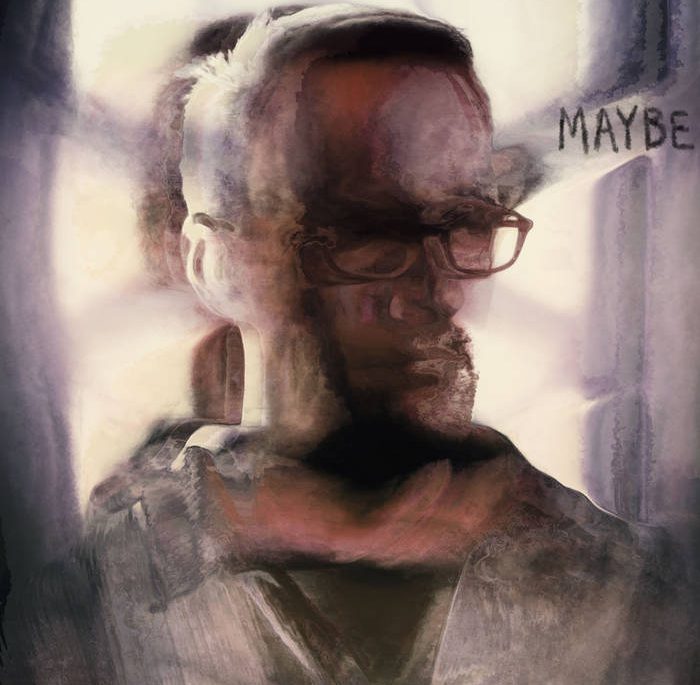

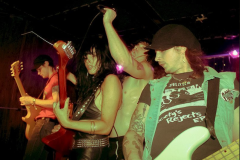
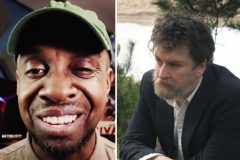
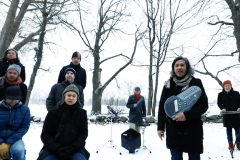
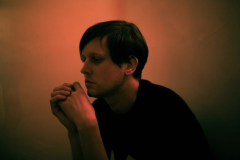

Social Media